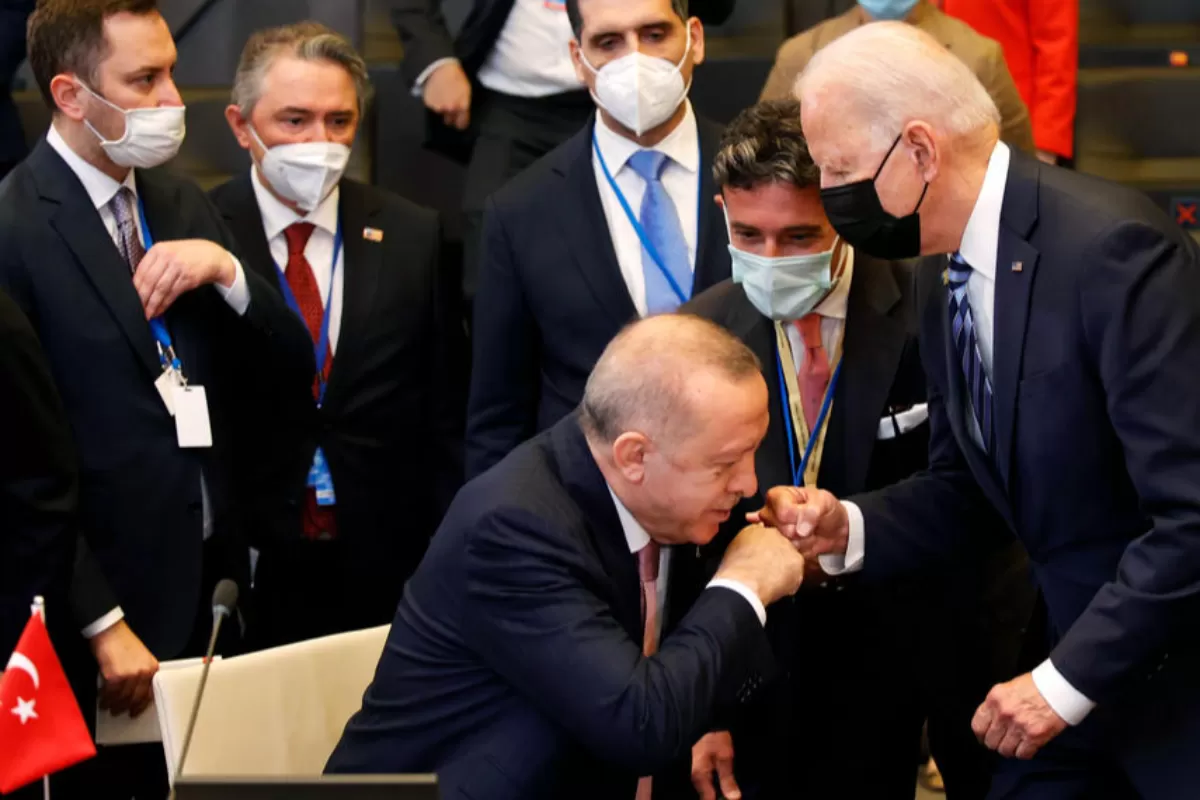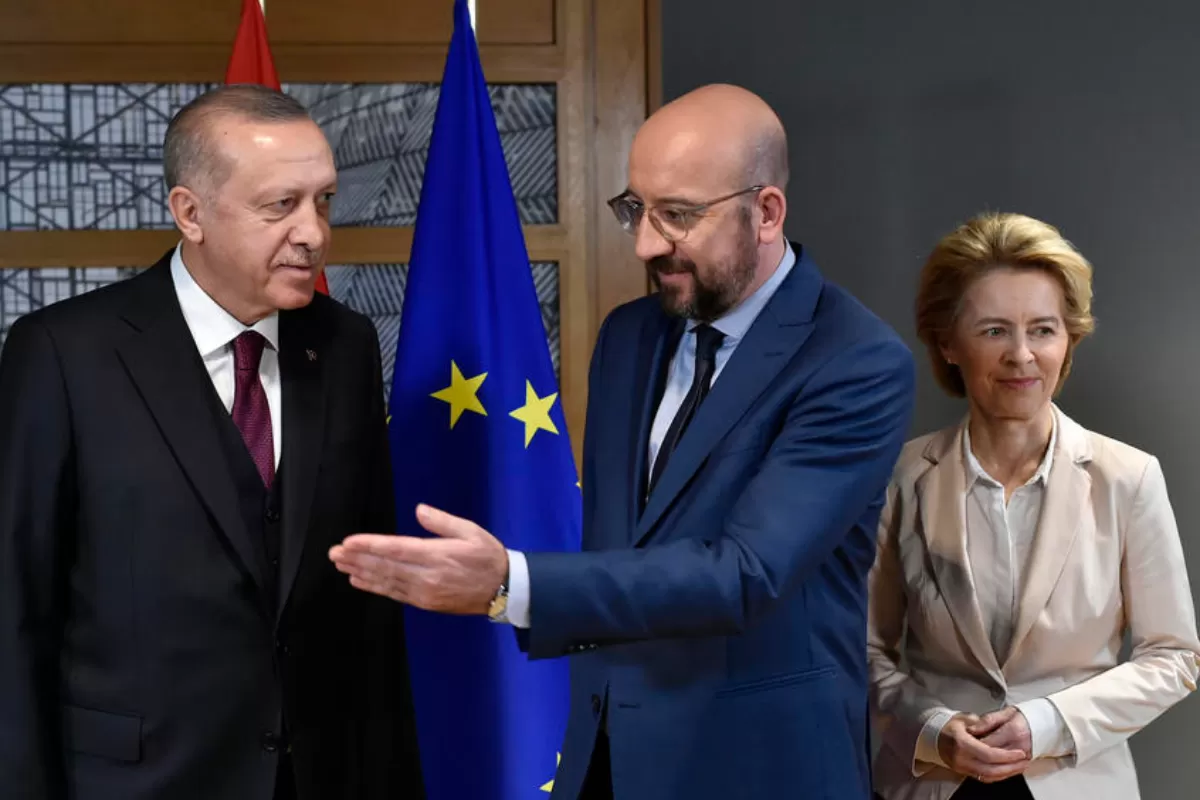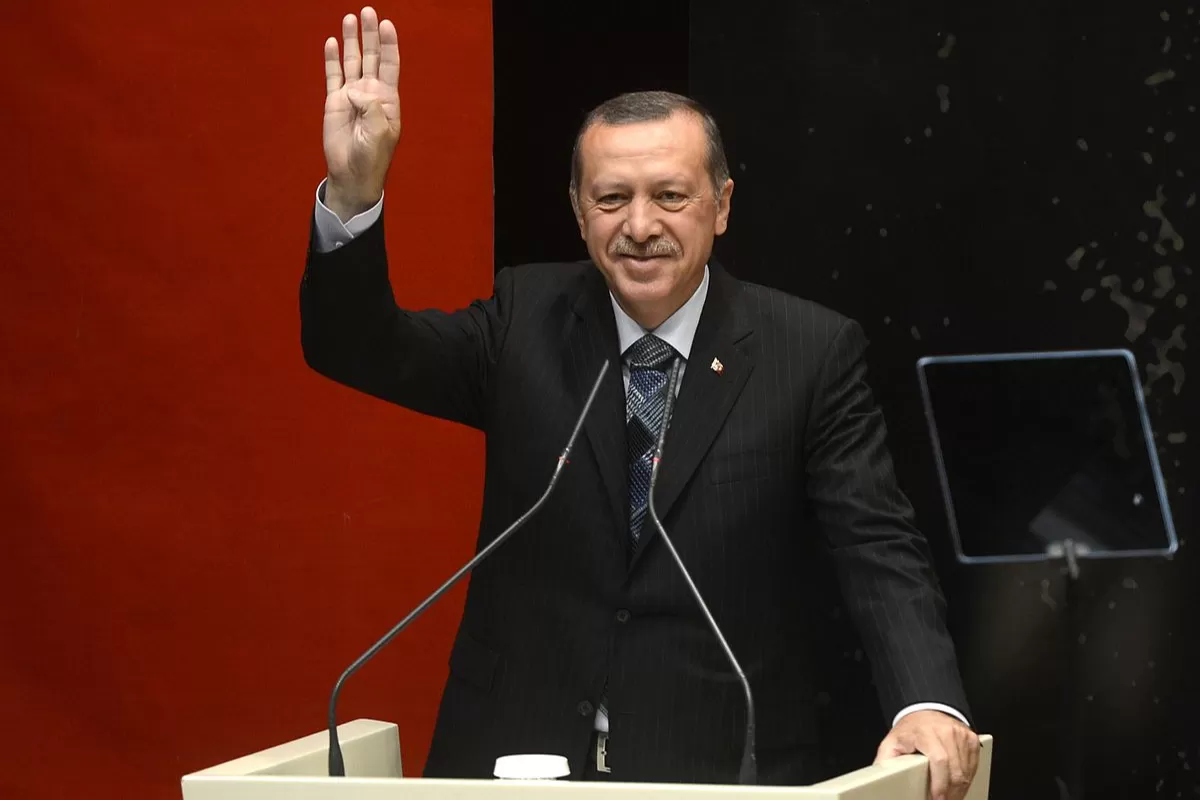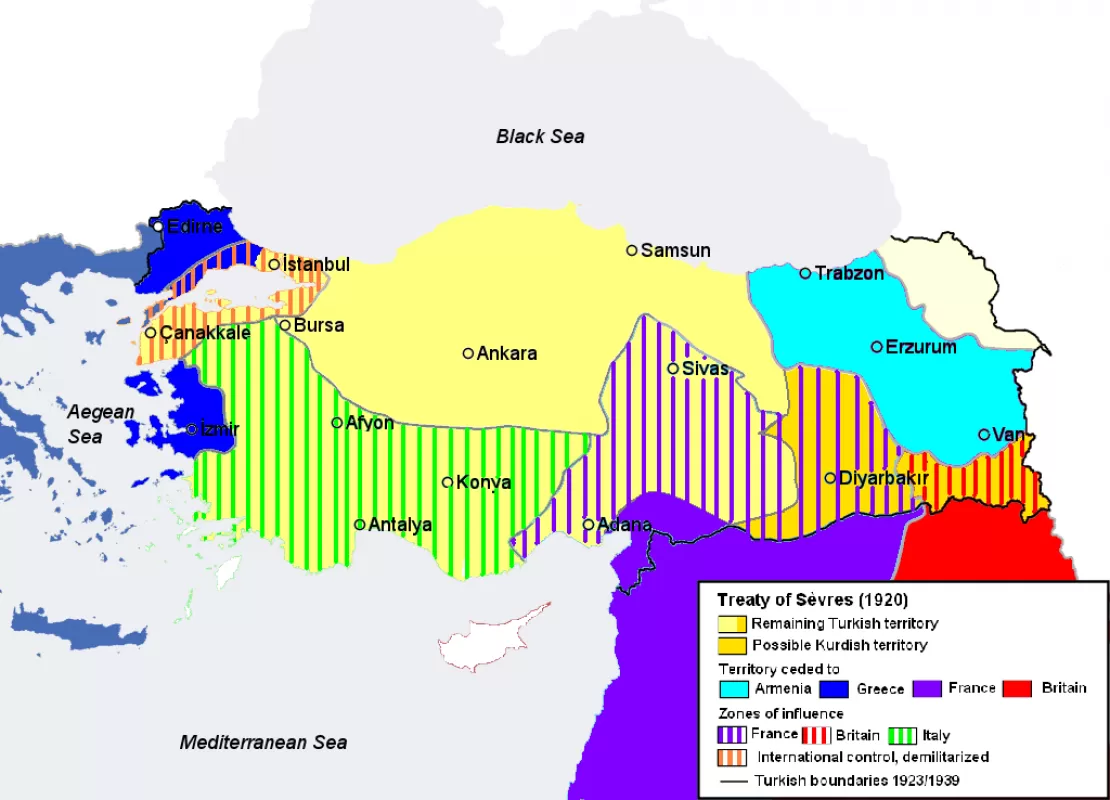
Returning to Turkey after one year, I found that the country continues its downward spiral. Life is getting harder, and many seem to be increasingly demoralised.

Turkey is increasingly in favor of a two-Cypriot solution and is working to persuade other states to recognize Turkish Cyprus. Recep Tayyip Erdoğan seems to have taken on the Cypriot cause in order to attract the nationalist electorate to his side in the run-up to the 2023 elections.

The West seems ready to return to the international arena, after years of leaving the initiative of the autocratic powers - Russia, China, even an ally like Turkey, where the anti-democratic slips of the Erdogan regime are growing - and he himself was marked by the fracture brought about by the Trump administration's policies and, in the last year, by the pandemic crisis. The diplomatic tour of US President Joe Biden is a sign of this return, both American and Western in general. A greater firmness of the West does not exclude the willingness to communicate with the autocracies - but for the time being there is no question of a relaxation of relations.

Under a conservative AKP regime since November 2002, Turkey has initiated numerous construction projects in the early 2010s, presented obsessively to the public as signs of the country's growth as major regional power. Leaving aside that they contribute massively to the destruction of the environment, they also threaten to become long-term financial "black holes", consuming insatiably taxpayers' money for generations to come.

One of the mantras in some political and media circles over the last decades is that the bloc does not have a foreign policy and it is weak in its external relations. This is a rather erroneous judgement.

Squeezed between its own regional ambitions and those of global players, between domestic challenges and its own policy errors, the current regime in Ankara speaks and acts in an increasingly erratic manner. And the consequences are difficult to foresee at this stage.

Ever since the appearance of the Internet and the advancement of the World Wide Web, in the 1990s, it was generally thought that they would decisively contribute to the global democratisation of information. And this they initially did, the demos all over the world gaining unprecedented access to an immense variety of information in all fields of human thinking and action. However, governments and inter-governmental organisations also entered this digital arena and their first instinct was to try to control it.

In November 2020, the Turkish government has started to spread a narrative of return to democracy, rule of law and citizens' rights. The main reason for this new apparent U-turn is the degradation of the Turkish economy and, in effect, the diminishing popularity of the regime.

Conspiracy theories in a nationalistic key are being used for decades to justify the primacy of the Turkish state, and lately, of the Erdoğan regime.